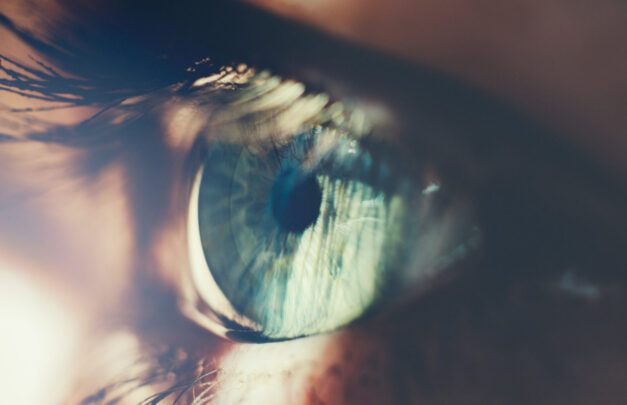
Researchers have made a groundbreaking discovery in the field of vision restoration.
By using stem cells to generate progenitor photoreceptor cells found in the eye, and transplanting them into damaged retinas, significant vision recovery was observed in experimental models.
This promising breakthrough, which was discovered by researchers from Duke-NUS Medical School, Singapore Eye Research Institute, and Karolinska Institute in Sweden, could pave the way for restoring vision in individuals with eye diseases that cause photoreceptor loss.
The deterioration of photoreceptors in the eye is a major contributor to declining vision, which can ultimately result in blindness. Unfortunately, there is currently no effective treatment available. Photoreceptor degeneration is a common occurrence in various inherited retinal diseases like retinitis pigmentosa, a rare eye disease that gradually breaks down the cells in the retina leading to vision loss, and age-related macular degeneration, one of the most prevalent causes of vision loss globally.
In an effort to provide effective treatment, Assistant Professor Tay Hwee Goon and her team from Duke-NUS’ Centre for Vision Research developed a new method to grow human embryonic stem cells.
By using purified laminin proteins, which play a crucial role in human retinal development, they were able to guide the stem cells to differentiate into photoreceptor progenitor cells. These cells are responsible for converting light into signals that are sent to the brain, and could be a promising treatment for vision loss.
After the photoreceptor progenitor cells were transplanted into the damaged retinas, the preclinical models showed a significant improvement in vision. An electroretinogram diagnostic test confirmed the recovery, showing increased electrical activity in response to light stimuli. The transplanted cells successfully integrated with surrounding retinal cells and nerves in the inner retina, functioning for several weeks post-transplantation.
“Our laboratory has developed a novel method that enables the production of photoreceptor progenitor cells resembling those in human embryos,” Goon said.
“Transplantation of these cells into experimental models has yielded partial restoration of the retinal function.”
Photoreceptor laminin drives differentiation of human pluripotent stem cells to photoreceptor progenitors that partially restore retina function
????May pave the way for the development of stem cell-based therapeutics for retina degeneration.https://t.co/kGeBE2zz5U @MolTherapy pic.twitter.com/qe2hL7OENx
— ????Agingdoc1⭐MD, PhD ???? (@agingdoc1) April 15, 2023
The team aims to improve their method for stem cell therapy to replace photoreceptor cells. They hope to simplify the process and achieve more consistent results compared to earlier attempts.
“It is exciting to find these results, which suggest a promising route towards using stem cells to treat those forms of visual deterioration and blindness caused by the loss of photoreceptors,” said Dr Helder Andre, Head of Molecular and Cellular Research from Karolinska Institute’s Department of Clinical Neuroscience and a senior author of the study.
The researchers hope to test the effectiveness of their method on photoreceptor degeneration models that better simulate the human condition.
“If we get promising results in our future studies, we hope to move to clinical trials in patients,” said Professor Karl Tryggvason, from Duke-NUS’ Cardiovascular and Metabolic Disorders Programme, and the corresponding author of the study.
“That would be an important step towards for being able to reverse the damage of the retina and restore vision.”
IMPORTANT LEGAL INFO This article is of a general nature and FYI only, because it doesn’t take into account your personal health requirements or existing medical conditions. That means it’s not personalised health advice and shouldn’t be relied upon as if it is. Before making a health-related decision, you should work out if the info is appropriate for your situation and get professional medical advice.